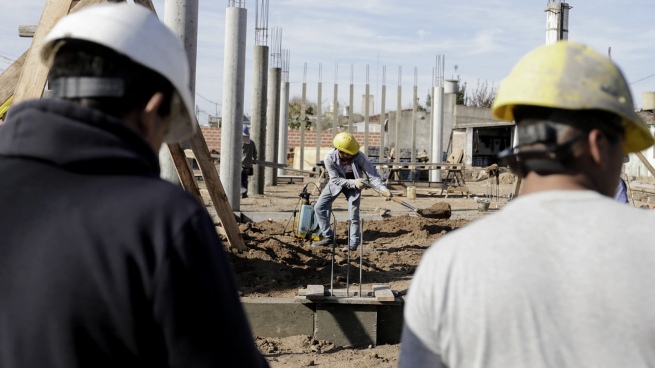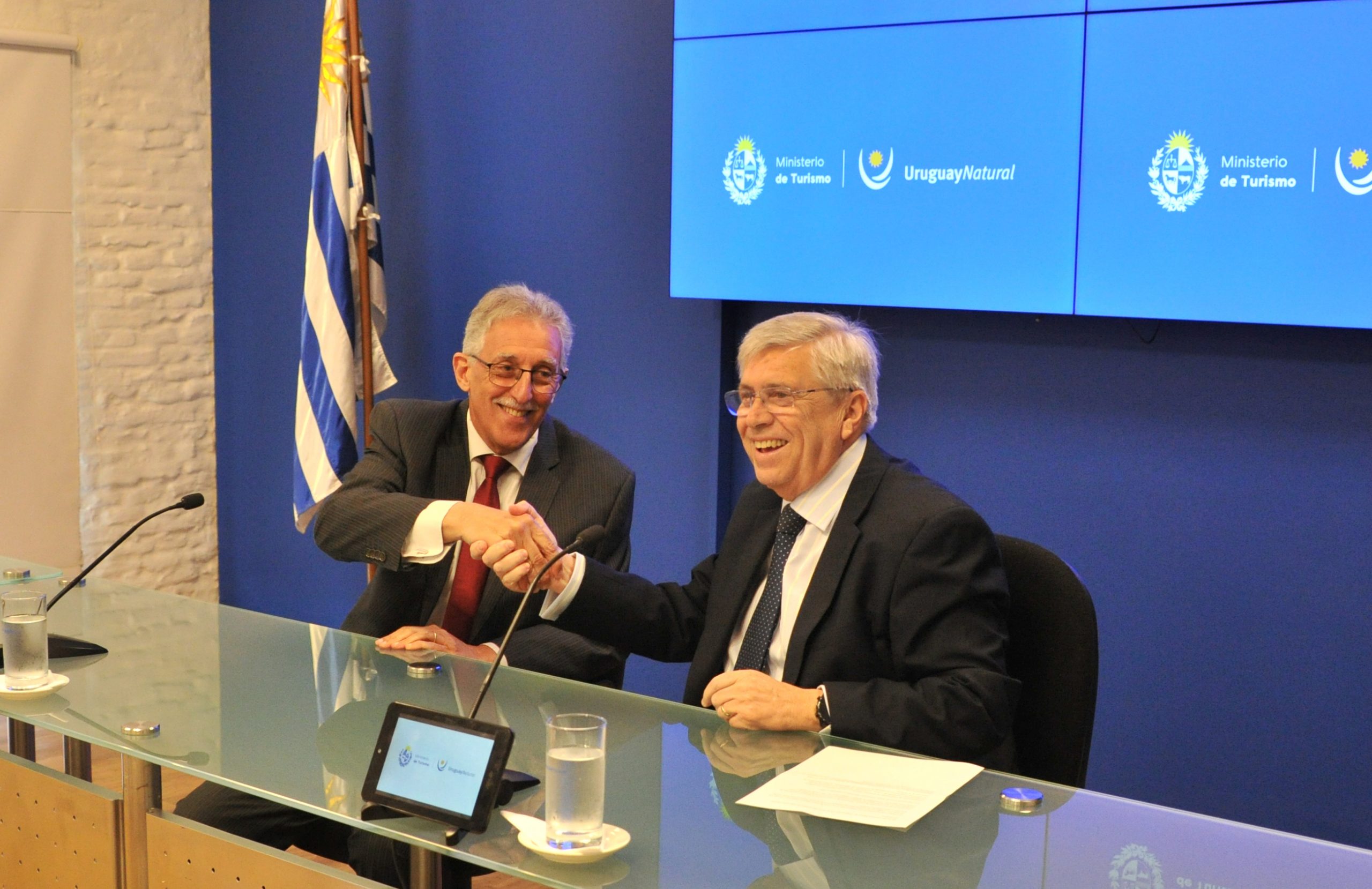Measurements show heat waves. In Caracas, in the mid-morning hours of September 6, a temperature of 27 °C with humidity of 64%. This figure is just 4 degrees lower than the temperature recorded in usually hot entities such as Zulia
During the first days of September, citizens have reported high temperatures in Venezuela, both in the capital of the country and in other states.
According to Luis Vargas, a meteorologist and specialist in forecasts and climatology, this is mainly due to the Perpendicular incidence of solar rays on the national territory. Added to this is a “transient change in the flow of the winds modulated by Storm Earl,” the expert wrote in his Twitter profile.
Another connoisseur of the matter also explained that the heat of these first days of September has to do with the apparent declination of the Sun just over our country.
On August 21, from the @meteovenezuela account they reported the start of the direct solar incidence on the country. They added that, for at least a month, the sun’s rays would be perpendicular to Venezuela.
In Caracas, in the mid-morning hours of September 6, a temperature of 27 °C with humidity of 64%. This figure is barely 4 degrees lower than the temperature recorded in usually hot entities such as Zulia.
1 degree Celsius rise since 1999
Our country does not escape global temperature rise during the last 100 years.
The graphic show your stripes, designed by British scientist Edward Hawkings of the University of Reading, shows that since 2000the country experiences an increase in temperatures, which has varied between 0.5 °C up to 1 °C per year.
And, according to the Ministry of Science and Technology, Venezuela has an increase of temperature of 2.6 degrees centigrade.
This figure was revealed by Vice President Delcy Rodríguez at an event in May.
On the other handcities like Maracaibo are marked with the “extreme” weather category in the Climate Scenarios Report of the Intergovernmental Panel of Experts on Climate change (IPCC).
IPCC projections in 2021 indicate that in that city the number of days with more than 35 °C will increase, progressively, from 62 to 344 days.
This represents “almost 95% of the year with heat from 2030”, highlights an article Open Democracy February 2022.
How to protect yourself from the heat?
In cases of temperature increase, as recommended by the United Nations Organization, It is important to take measures such as:
- Keep your body cool and hydrated, take cool showers or baths, and wear light clothing
- Wear hats, caps or sunglasses.
- Regularly drink water or juices, avoiding alcohol and too much caffeine or sugar
- Avoid strenuous physical activities, especially in the midday hours, when the sun is strongest
- Stay in shaded areas while walking on the street
While the US Centers for Disease Control and Prevention They specify that the people most vulnerable to temperature increases are those over 65, children under 2 and people with chronic diseases.
In these cases, care must be taken to ensure that they are drinking enough water, that they have access to air conditioning and that they stay cool.
With information from runrunes
Post Views:
116








